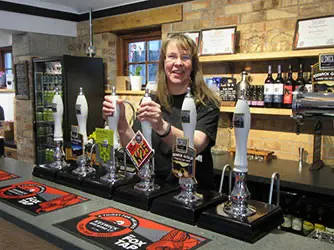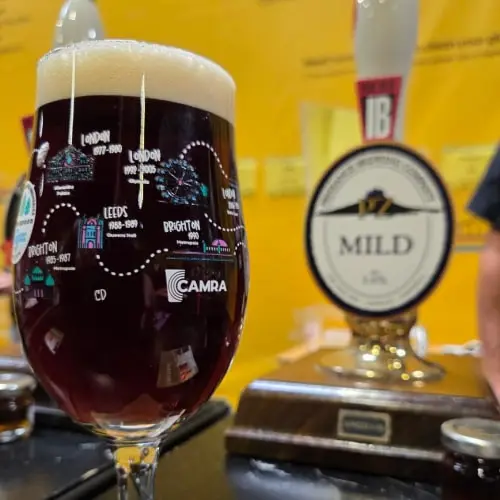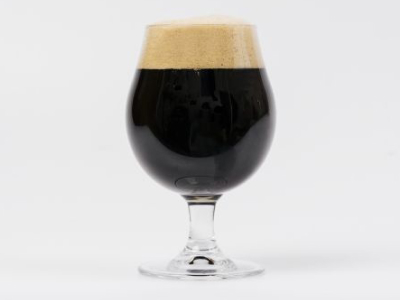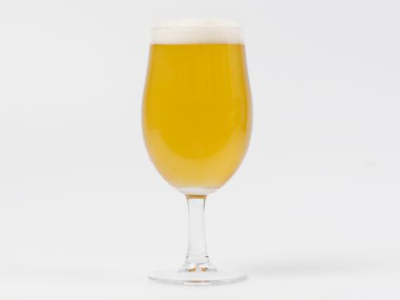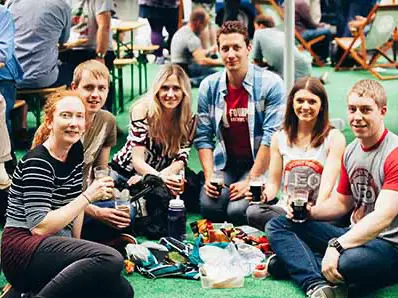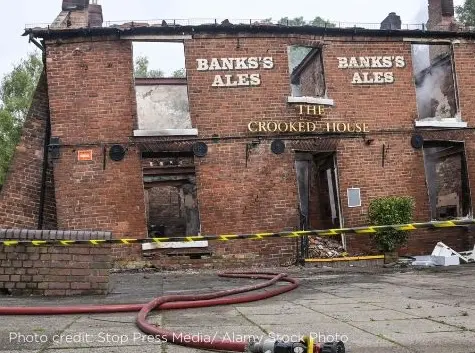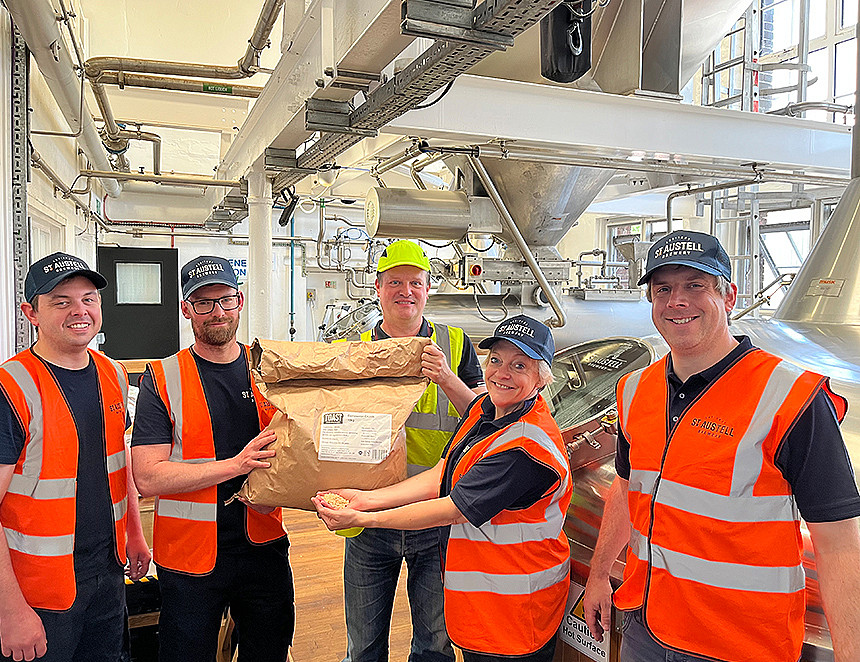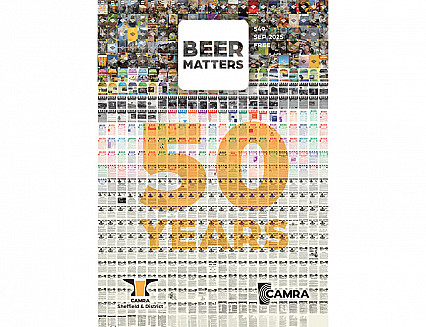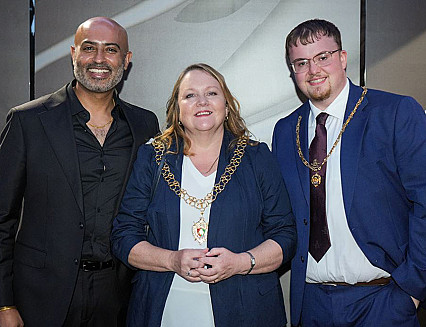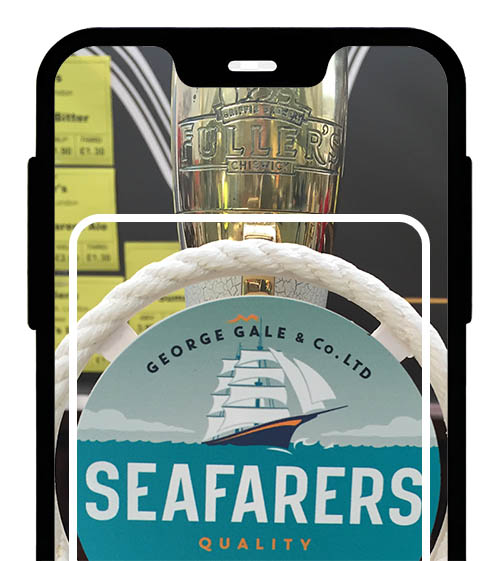St Austell has gone big for its third collaboration with London’s Toast Brewing creating a limited-edition beer made using surplus bread on its main production kit.
Breakfast Club is a 4.5 per cent golden ale with a sustainable twist as Toast sources surplus breadcrumbs from bakeries across the UK, turning what would normally be wasted into a source if sugar for the mash. Each pint of Breakfast Club contains the equivalent of a quarter of a slice of bread.
The beer is part of St Austell’s special limited-edition cask beer line-up for 2025. It will be available throughout the year in a selection of St Austell’s 45 managed pubs across the South West, as well as in its leased and tenanted estate across the region and in independent pubs across the UK now.
This marks the third collaboration between the two breweries – the first in 2016 for St Austell’s small-batch brew series and again in 2023 for the Cornish brewer’s No Mow May, a 4.5 per cent golden ale supporting the charity Plantlife.
St Austell brewing director Georgina Young said: “Our collab with Toast in 2023 was created in our small-batch brew space, but this time we’ve gone big on our main 30,000-litre kit.
“Fresh, fruity and golden, this ale is crafted using British Harlequin and Jester hops, laid over a light base of local Maris Otter barley and surplus breadcrumb supplied by Toast because brewing can taste good and do good.”
Toast uses surplus bread to replace some of the barley. This means less land is needed to grow barley for brewing, and fewer loaves go to waste. Since 2016, Toast has saved so many slices of bread that, stacked together, they would reach more than five times the height of Mount Everest.
Toast’s head brewer Stuart Robson, who joined the brew day (pictured) in St Austell, said: “It was amazing to join Georgina and the team to create Breakfast Club in the main brewhouse. This beer gives us a chance to scale up our impact by reaching people in pubs across the UK.
“The bread has come from sandwich manufacturers, where crusts are unused. This crumb provides carbohydrates and sugars that can replace some of those normally produced from barley or wheat in the brewing process.
“It reduces the beer’s carbon footprint, and this particular brew has saved around 350 loaves of bread from being wasted.”
